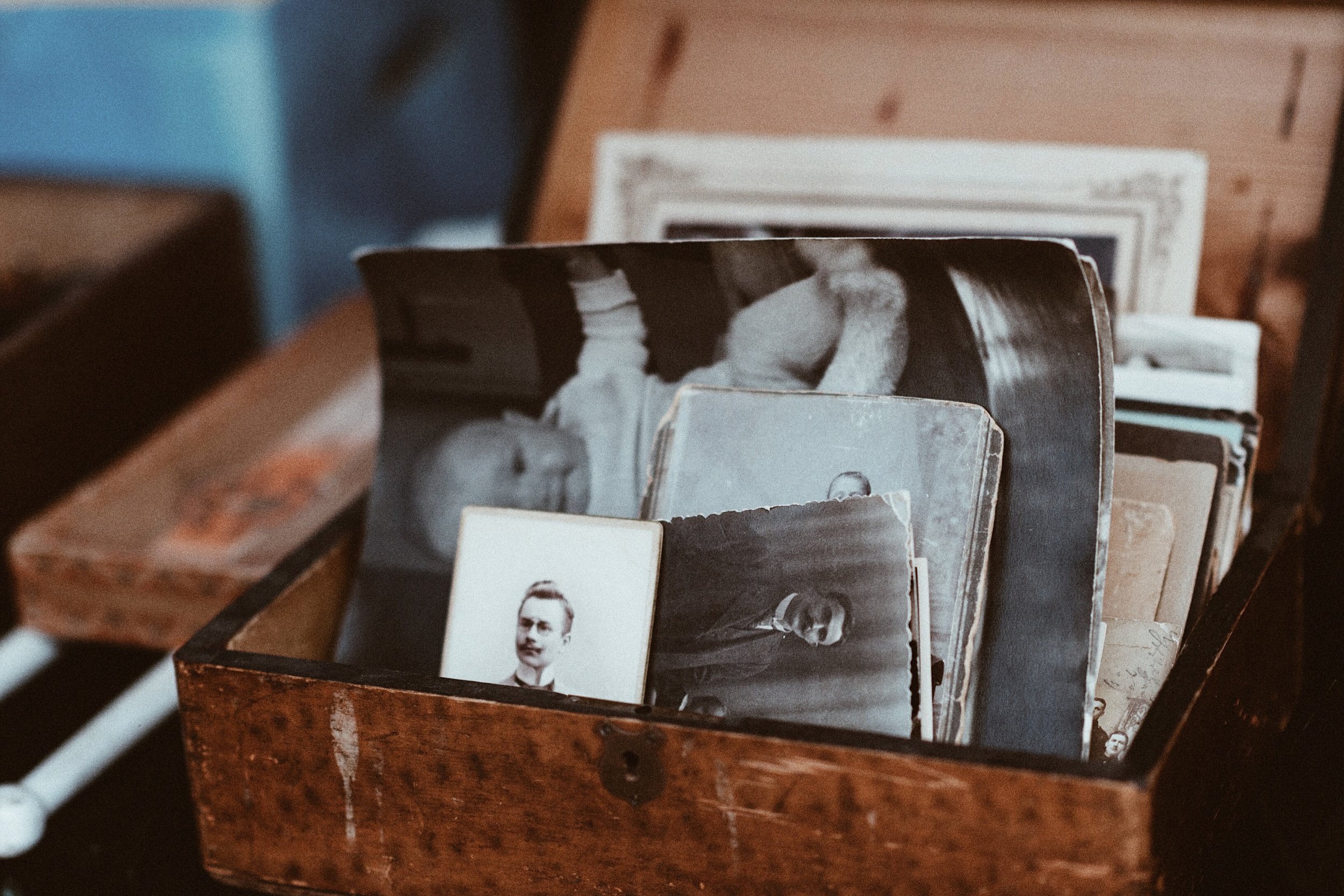How to Start the Conversation
When you think of your own mortality, if you were to pass away tomorrow, what words come to mind? Does it make you feel scared or confused, lonely or sad? Is your first thought to how will your family cope? Do you instantly think of all the things you haven’t done that you wished you had? That you haven’t said or done things with or to your loved ones? Or do you feel dread, that your life admin is chaotic, how would anyone know where to start?
Now put yourself into the shoes of your elderly loved ones. With so much for them to consider, mortality is now a given. An eventful life nearing the end. So, what do they want in the end? What is important to them? How do they want to spend their final years, and how can you ask questions to start those conversations while showing respect, kindness and offering the occasional practical solution?
When my grandmother started coming to terms with her own mortality, she started taking bag loads of household items to the Salvation Army. When grandchildren would visit she would ask them what they liked the most, anything in the whole house, noting it down with a hidden sticker on the item if that child had the courage to actually say. Realistically there is always a hierarchy in such items and that chosen item may, in the end, go to an older and closer relative who wanted said item. Which begs the question, is that fair? Is that what my grandmother would have wanted? The honest and momentous transaction between grandma and her grandchild meant something to both of them at that time. A moment of time that can create conflict later on.
Starting open and honest conversations earlier on can help everyone understand how everyone feels and why. It gives space for the stories to be shared and the memories passed on. It allows discussion on why items are passed on to specific people, and most importantly gives the power to our loved elderly, ensuring their wishes are known and respected.
Questions can be simple;
What items in your home are really important to you?
Do they have a story that you would like to share with me?
Have you thought about what you will keep when you downsize?
Would you like your items catalogued?
Throughout the visits and over time the questions can grow to be practical such as:
Have you thought of anything specifically you would like to hand down to the grandchildren?
Would you like to go through your photo albums, and I can write down the people in each photo and you can tell me a bit about the stories behind them?
There is so much beautiful history in this home, have you thought about how you would like to keep this alive?
Have you considered writing down some history of the jewellery that has been handed down or given to you?
The stories of the war and the medals from Great-Grandad are so special–where do you see these going?
These questions are direct but open allowing a passive conversation between family members, cultivating the space for the stories to flow, finding out more about your loved one as a child, teenager or young adult.
For some, they are for living in the moment and don’t really care either way what happens to their property once they pass away. For others a practical solution is needed so they know their wishes and lifetime of memories are organise and sorted out, removing any burden, possible pressure, or family disagreements.
We urge you to start the conversation, to learn more, to support your loved ones and to ensure the wishes of your elderly family member are met.



